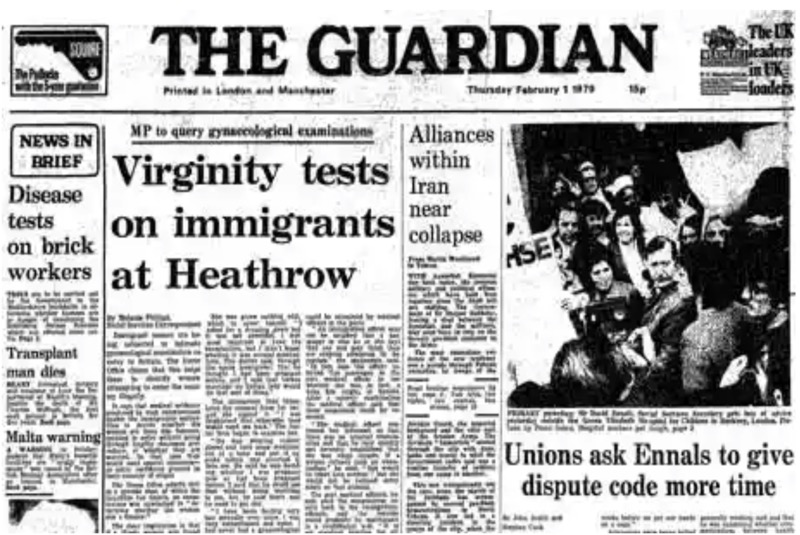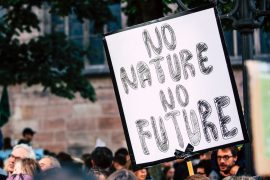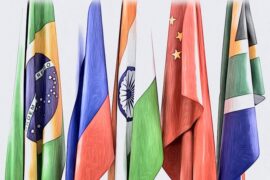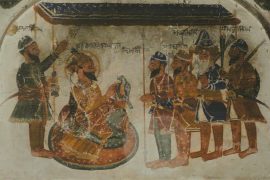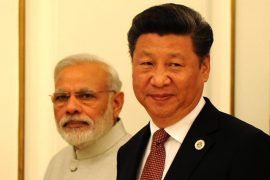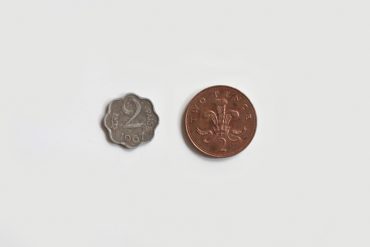A thirty-five-year-old teacher from India arrived at Heathrow airport to get married to her fiance, a British Indian citizen, on 24 January 1979. What happened at the airport that day was a testimony of one of the most humiliating encounters one could face with the immigration authorities.
In the 1970s, women were allowed to enter Britain without a visa if they planned to marry within three months of their arrival. Given the immigration rules permitted her to land without a visa, she landed at Heathrow with just her plan. However, immigration authorities at Heathrow were suspicious; they thought she was lying about her age and thought she was already married. If she was indeed married, she needed a visa.
To determine the validity of her claims, the immigration authorities took her for a ‘marital status examination,’ which, to her horror, included a medical examination to prove her virginity. There were no female doctors present on duty at the airport and she was told she might have to wait if she wanted a lady doctor. What if, in that waiting period, the immigration authorities decided against her and sent her back? With that fear, she agreed to the examination consenting to a ‘gynaecological examination that may be vaginal if necessary.’
In her interview with Guardian’s social services correspondent, Melanie Phillips, the woman gave a statement of the following experience:
He was wearing rubber gloves and took some medicine out of a tube and put it on some cotton and inserted it into me. He said he was deciding whether I was pregnant before. I said he could see that without doing anything to me, but he said there was no need to get shy.
This was the experience of a 35-year-old woman’s first time as a migrant in a country where she travelled miles to get married. The woman’s statement made national headlines when published in The Guardian Newspaper on 1 February 1979. Soon after, the British government decided to ban the practice. However, the Home Office had denied an internal vaginal examination. As per their statement, the medical officer ‘quickly and decently’ established that the woman was a virgin.
Indian newspapers also reacted to the Guardian’s exclusive, denouncing the incident as ‘an outrageous indignity’ that ‘tantamounts to rape.’ When the Labour government came under severe criticism, the Home Office issued a further statement stating that the reported incident was atypical and not a practice.
Upon further investigations, documents from the Home Office were released in 2011. A statement from the male doctor who had tested the thirty-five-year-old was acquired from the disclosed documents from the Home Office dated 1 February 1979. In his statement, the doctor said:
Penetration of about half an inch made it apparent that she had an intact hymen and no other internal examination was made. The doctor then examined her chest with a stethoscope, but she was not asked to remove her blouse or bra for this. The only time she was bare-chested was for the X-ray examination … The doctor told the immigration officer verbally that the lady had not had children and she was then given conditional leave to enter for 3 months as a fiancee.
The statement was given on the same day the first report was disclosed by The Guardian, which proved that the government’s initial statement of denial was a lie aimed at covering racial profiling of South Asian immigrants from the moment they stepped on British soil. The same year, two more incidents occurred at Heathrow Airport.
Furthermore, Alex Lynon, a former minister at the Home Office, confirmed that ‘testing’ took place in British High commissions in South Asia. As per the report, Lyon discovered the use of tests at the entry clearance posts in Dhaka, Bangladesh, and ordered the Home Office to stop using medical examinations for immigration purposes in 1975. However, the files published in 2011 revealed that the order was not implemented.
The officials also denied such cases to have taken place in Dhaka. As per an official, Lynon referred to a single case in Islamabad, not Dhaka, which was deemed necessary because the doctor was performing a general medical examination on a fiancee and saw signs of ‘marriage.’ However, a further investigation revealed the truth in Lynnon’s claim.
Since October 1975, nine cases in Mumbai and 73 cases in New Delhi showed vaginal examination, which the Foreign Office portrayed as routine medical tests. According to the Home Office papers in Delhi, ‘some adult daughters’ who applied for ‘settlement’ were ‘referred to an Indian lady gynaecologist with questions about their marital status.’ It was concluded that 80 Indian women were forced to take virginity tests as an immigration law requirement to prove their marital status. Even the entry ports of clearance in Islamabad had sought similar examinations for female applicants.
The disclosure of the documents from the home office revealed that British authorities targeted Indian and Pakistani women in humiliating processes in the name of immigration protocols. The immigration officers carried out these tests to the stereotypical belief that South Asian women would never have sex before marriage; hence, a woman bound to get married was always a virgin.
The documents were dug out from the National Archives in London by two Australian legal academics, Marinella Marmo and Evan Smith of Flinders University. The two scholars condemned the British authorities for using intimate medical examinations on South Asian women as abusive and ‘racist.’ They also pointed out that an apology was never issued for the women, nor for acknowledging the lie that the ‘virginity testing’ was not an isolated event.
Merlyn Rees, the Home Secretary, had expressed ‘deep regret’ to the thirty-five-year-old, but her statement was not an official apology. She had announced investigations after the newspaper reports, which was seen as an attempt to avoid criticism as the 1979 elections were coming up.
Rees also justified the incidents, saying the practices were legal under the Immigration Act of 1971. However, the act only suggested medical examination in cases when the migrant might ‘endanger the health of other persons in this country,’ ‘are unable for medical reasons to support himself or his dependents in the United Kingdom’ or ‘require a major medical treatment.’ The Commission for Racial Equality (CRE) also pursued an independent investigation, and the United Nations Commission on Human Rights in Geneva condemned the British government.
The documents with the doctor’s statement revealed that the Home Office had offered to pay the woman a sum of 500 pounds not to sue them. However, the government denied the payment as an apology or compensation, as it would mean that the immigration authorities had acted perversely.
The Indian woman had admitted that the test had affected her mental health, and she was very embarrassed. Another woman travelling from Pakistan to join her husband faced the same conditions. ‘You forget about things when you start a new life. But when I think about it now, it was a violation of my rights,’ she said. ‘It was embarrassing, and also it felt a little shameful.’
An official apology has been demanded from the Ministers of the Home Office, and the Joint Council backed these demands for the Welfare of Immigrants. The organization’s legal policy director, Hina Majid, attacked for continuous discriminatory “chapters” of British immigration policies. She blamed the British immigration policymaking for having concerned female migrants in the immigration process which had resulted in a violation of the human rights of South Asian migrant women. The UK Border Agency responded to the criticism yet again without a clear apology. They said:
These practices occurred 30 years ago and were clearly wrong. This government’s immigration policies reflect the UK’s legal responsibilities and respect immigrants’ human rights.
Women who had been subjected to the humiliation carry the trauma of the event long after it and deserve a clear apology. They were travelling with hopes of starting a new life but were subjected to a virginity test. Being targeted for their gender and their skin colour at the airport was yet another testament to the racism faced by South Asians in the United Kingdom in the post-colonial era.
-30-
Copyright©Madras Courier, All Rights Reserved. You may share using our article tools. Please don't cut articles from madrascourier.com and redistribute by email, post to the web, mobile phone or social media.Please send in your feed back and comments to editor@madrascourier.com

